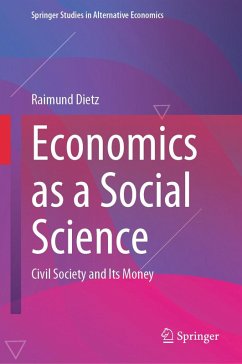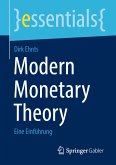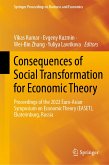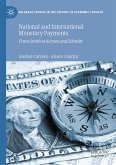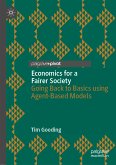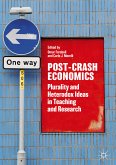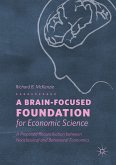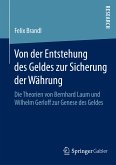The book attempts to comprehensively reconstruct economics as catallactics, explicitly including and assigning a central role to liberal forms of socialization, such as exchange and money - an approach that, it argues, is the only way to overcome the methodological deficits of the mainstream. It allows monetary theory to be integrated into economic theory. Further, the book shows that modern societies have no choice but to organize themselves as capitalist market economies.
For good economic reasons, money has lost its physical value over the course of time and is now merely symbolic. As a result, the importance of the state has also grown. The author proposes that the power to create money should be consistently placed in the hands of the central bank.
The book offers a transformative perspective that addresses the urgent need for sustainable resource management worldwide. It invites social scientists, policymakers, and especially economists to rethink economics and pursue a holistic approach to a more sustainable future.
This book is a translation of an original German edition. The translation was done with the help of artificial intelligence (machine translation by the service DeepL.com). A subsequent human revision was done primarily in terms of content, so that the book will read stylistically differently from a conventional translation.
Dieser Download kann aus rechtlichen Gründen nur mit Rechnungsadresse in A, B, BG, CY, CZ, D, DK, EW, E, FIN, F, GR, HR, H, IRL, I, LT, L, LR, M, NL, PL, P, R, S, SLO, SK ausgeliefert werden.

